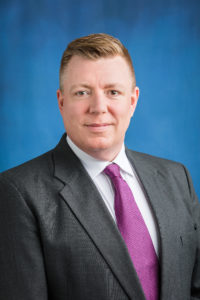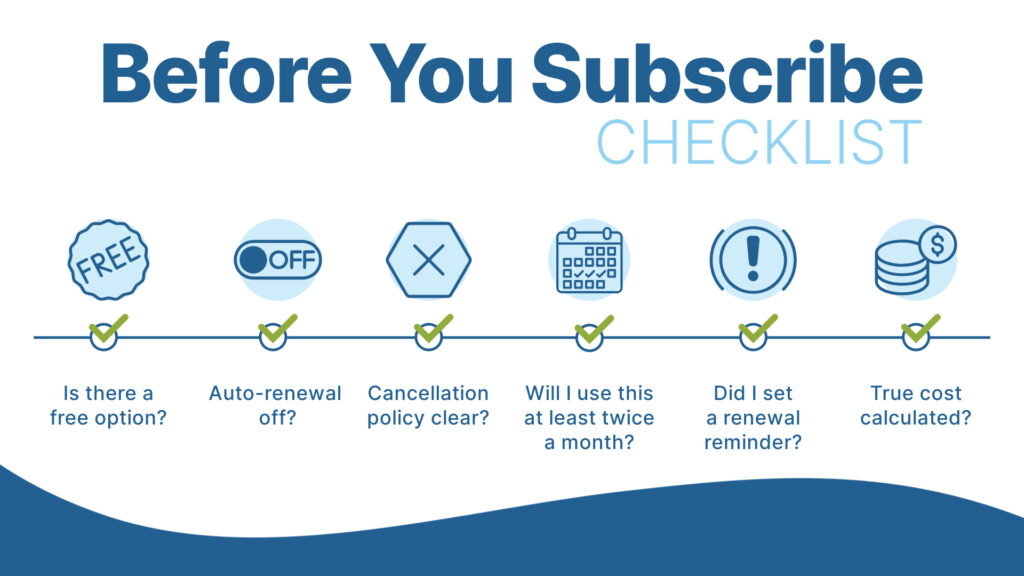On Monday, January 20, 2025 AIO Food and Energy Assistance will host its fifth Fill The Strand food and funds drive to benefit AIO’s Food Assistance, Energy Assistance, Weekend Meal, and Diaper Assistance Programs. This event challenges the community to fill every seat in the historic theater with bags of food and funds for AIO’s programs. AIO has raised over $125,000 in the first four Fill the Strand events. In celebration of AIO’s 35th anniversary in 2025 the goal for the fifth Fill the Strand event is to fill the theater seats 3 times and to raise $35,000. The snow date is Monday, January 27.
“ With long, cold nights, Fill the Strand is a well-timed, important opportunity for AIO to refill shelves with food following the holidays. I love it because it is a community-wide event that serves as a great opportunity to teach children about food insecurity and helping neighbors in need.” says AIO Executive Director Alan Kearl. “Powered by Allen Insurance and Financial and hosted by the Strand Theatre, this event is a testament of a community that cares for one another. As many families face greater challenges making ends meet, AIO continues to keep pace with the need for food and energy assistance. In the past year, we have provided over 668,000 pounds of food through more than 14,000 visits to our pantry market. That is a 29% increase over last year’s record-setting number of visits! Fill The Strand is vital to keeping food available for those who need it.”
Monetary donations are welcome – and in fact your dollar goes further since AIO can purchase food through partners at a competitive price. Individuals can fill one theater seat with a bag of food or sponsor a seat at $35. Your $35 monetary donation can buy up to $125 worth of food. Those interested in sponsoring a seat through a financial donation can donate online at www.aiofoodpantry.org/strand.
Non-perishable food with a current expiration date is appreciated (no glass please). AIO would be grateful for donations of the most needed items including sauces and condiments, canned goods, toilet paper, personal care products, pasta, coffee & tea. Whether a monetary gift or food donation – your support will help the people in our community who need it the most.
Food collection sites have been established at area businesses, including Allen Insurance and Financial offices (Rockland and Camden), the Strand Theatre, First National Bank (Rockland branches), South End Grocery (Rockland), Camden National Bank (Rockland), The Grasshopper Shop (Rockland), Rock City Coffee (Rockland), Mid Coast Credit Union (Rockland) and AIO Food and Energy Assistance (Rockland). On Monday, January 20th volunteers will be at the Strand Theatre between 9:00-2:00pm to receive food and funds donations. Drive-up and drop-off service will be available or come in the Strand Theatre, located at 345 Main Street, Rockland, to deliver your food and funds donations.
AIO is proud to partner with two business leaders who are instrumental in making the Fill the Strand event possible – The Strand Theatre who hosts the event and Allen Insurance and Financial who helps power the event, through their financial support, as well as a team of employees who volunteer during the day of the event in greeting donors, collecting and organizing donations.
AIO is grateful to the generous support of its sponsors which include, at the Leadership level – First National Bank and First National Wealth Management, Rockland Plaza and Frantz Furniture Showroom. At the Partner level – Gartley & Dorsky, The Inn at Ocean’s Edge, 250 Main Hotel, Knights of Columbus Limerock Council 136, Cates Real Estate, and South End Grocery. At the Champion level – Maine State Credit Union, Mercedes-Benz of Scarborough, Nebo Lodge Island Inn & Restaurant and The Landing, North Haven. And at the Business level – Page Gallery, Farnsworth Art Museum, Jess’s Market, Nina June, Plants Unlimited and Zoot Coffee. A list of all sponsors can be found at www.aiofoodpantry.org/strand.
“Here at Allen Insurance and Financial, supporting initiatives like AIO’s Fill the Strand reflects our company’s deep commitment to community well-being,” said company president Michael Pierce. “By contributing our time and energy to this effort, now for the fifth year, we not only foster a strong sense of shared responsibility among our co-owners but also make a lasting impact that enriches lives far beyond the workplace. We are proud to be part of this project.”
“We’re thrilled to be hosting this terrific event for the 5th year! Fill the Strand accomplishes so much in one powerful day – moving forward AIO’s mission in such an impactful way,” shares the Strand’s Marketing Director, Jana Herbener. “At the Strand, we love to see so many community members coming through our doors with their donations and are so proud to be a part of it!”
For more information about the event and how you can participate please contact event coordinator Leila Murphy, email hidden; JavaScript is required.
About AIO Food and Energy Assistance In our 35th year, AIO has provided nutritious food and heating assistance to Knox County families without judgement, always with compassion. Funding and access to AIO’s programs are more critical than ever as food insecurity in Knox County is projected to continue to increase. Knox County currently has the 4th highest food insecurity rate in the state. Child food insecurity is estimated at 17.6%. During the past year, AIO has supported nearly 1,900 unique households in the County, that’s more than 4,200 of our neighbors, or more than 10.2% of the County. AIO has distributed more than 75,000 meals to students through our weekend meals program. AIO’s Energy Assistance Program helps households with heating assistance or electrical disconnection prevention – which is critical as winter begins. AIO has nearly doubled the number of energy assistance vouchers vs. last year in what has been a time of overwhelming need. AIO provides a direct path for donors to assist our community by putting your donation to work immediately.







